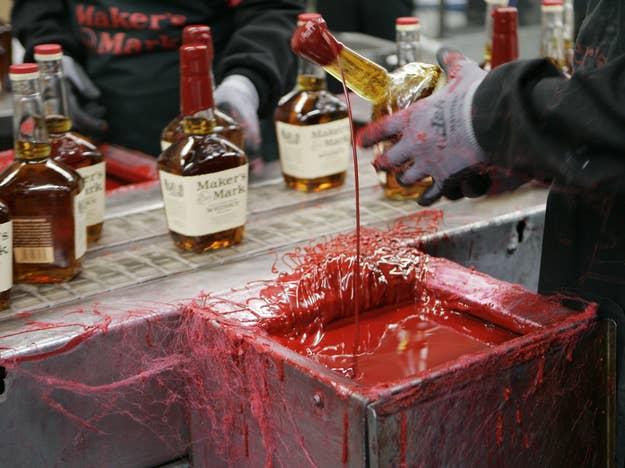
Maker's Mark announced over the weekend that it is dropping the alcohol content of its bourbon by 3% — meaning that its alcohol by volume (ABV) will be 42% instead of 45% — and people aren't thrilled about it.
This change is not necessarily cause for a meltdown: Wait and taste the 42% before you freak out. The new Maker's will still meet the extremely rigid set of restrictions set forth for any whiskey called a "Kentucky Straight Bourbon Whiskey" — and then some. (And basically anything in that category is damn good.) Plus, it's not like they've switched distilleries or changed the aging process.
But still, Maker's is an old friend. This is change. It might be time for a break. In that case, here are a bunch of booze-heavy bourbons to sip instead of Maker's. All of them are Kentucky Straight Bourbon Whiskey (see addendum), and all of them are less expensive than those red wax bottles (which retail at about $33.99), with just as much flavor.
1. Old Grand Dad Bonded
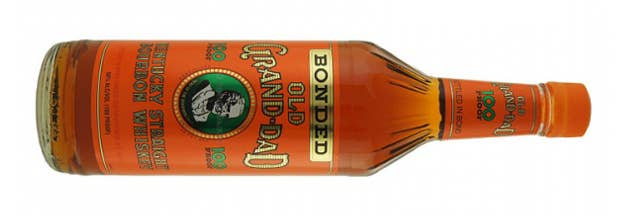
2. Elijah Craig 12-Year
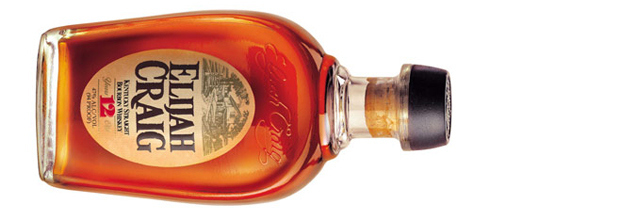
3. Jim Beam Black
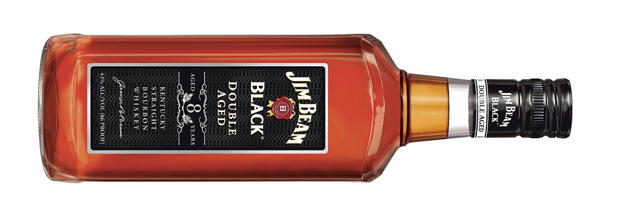
4. Wild Turkey 101-Proof
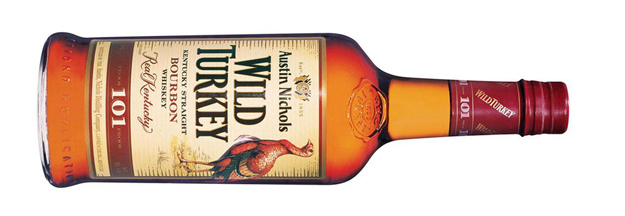
5. Evan Williams Single Barrel
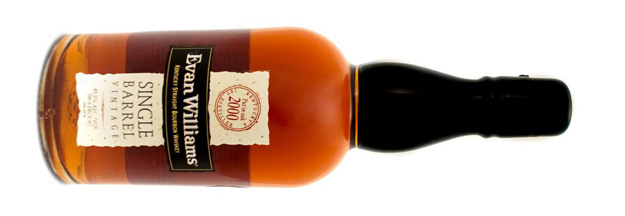
6. Buffalo Trace Bourbon
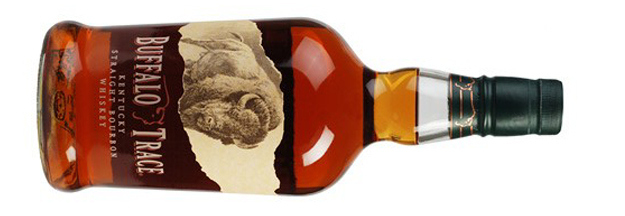
7. Eagle Rare 10-Year
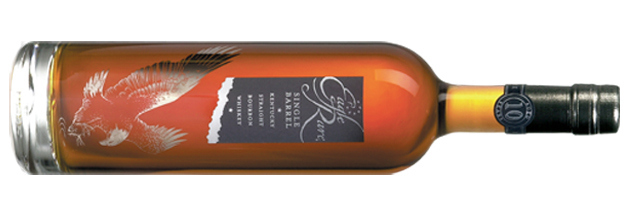
8. Four Roses Small Batch
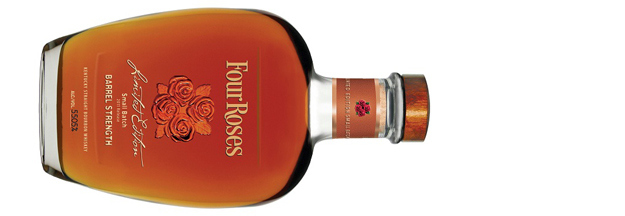
Bonus Option: Bulleit
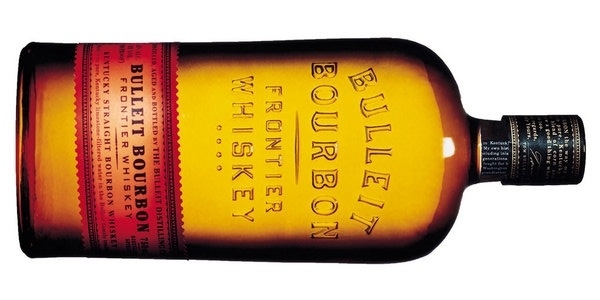
5 THINGS YOU'D BETTER KNOW ABOUT BOURBON IF YOU'RE GOING TO BE MAD ABOUT THIS WHOLE THING.
1. Bourbon can be made in any U.S. state, but most is made in Kentucky. The name comes from a county in Kentucky that ironically is now dry, so no bourbon is made there at all.
2. The primary ingredient in bourbon's mash ("mash" are the grains that are steeped in hot water and rested at various temperatures to ferment and make booze) is corn — at least 51% by law, and up to 79%. Between 20–30% is rye or wheat with some malted barley added.
3. Bourbon is distilled below 160 proof, aged at no more than 125 proof, and can't be diluted below 80 proof. (In the U.S., proof is twice the ABV. So 80 proof is 40% ABV, 100 proof is 50% ABV, etc.)
4. Bourbon is aged in new, charred, white-oak barrels. Any bourbon marketed as "straight" must be aged at least two years. If it is aged less than four years and marked as "straight," it has to say its age on the label, and the age listed there will refer to the youngest whiskey in the bottle. (Because sometimes one bottle will contain a mix of whiskeys aged different amounts of time.)
5. Bourbon distillers differ from Scotch distillers in their belief that yeast strain makes a big difference in flavor, so yeast strains are carefully guarded as they are passed down through generations.
Factoids courtesy of Jim Meehan's PDT Cocktail Book and Charles MacLean's Miscellany of Whisky.

